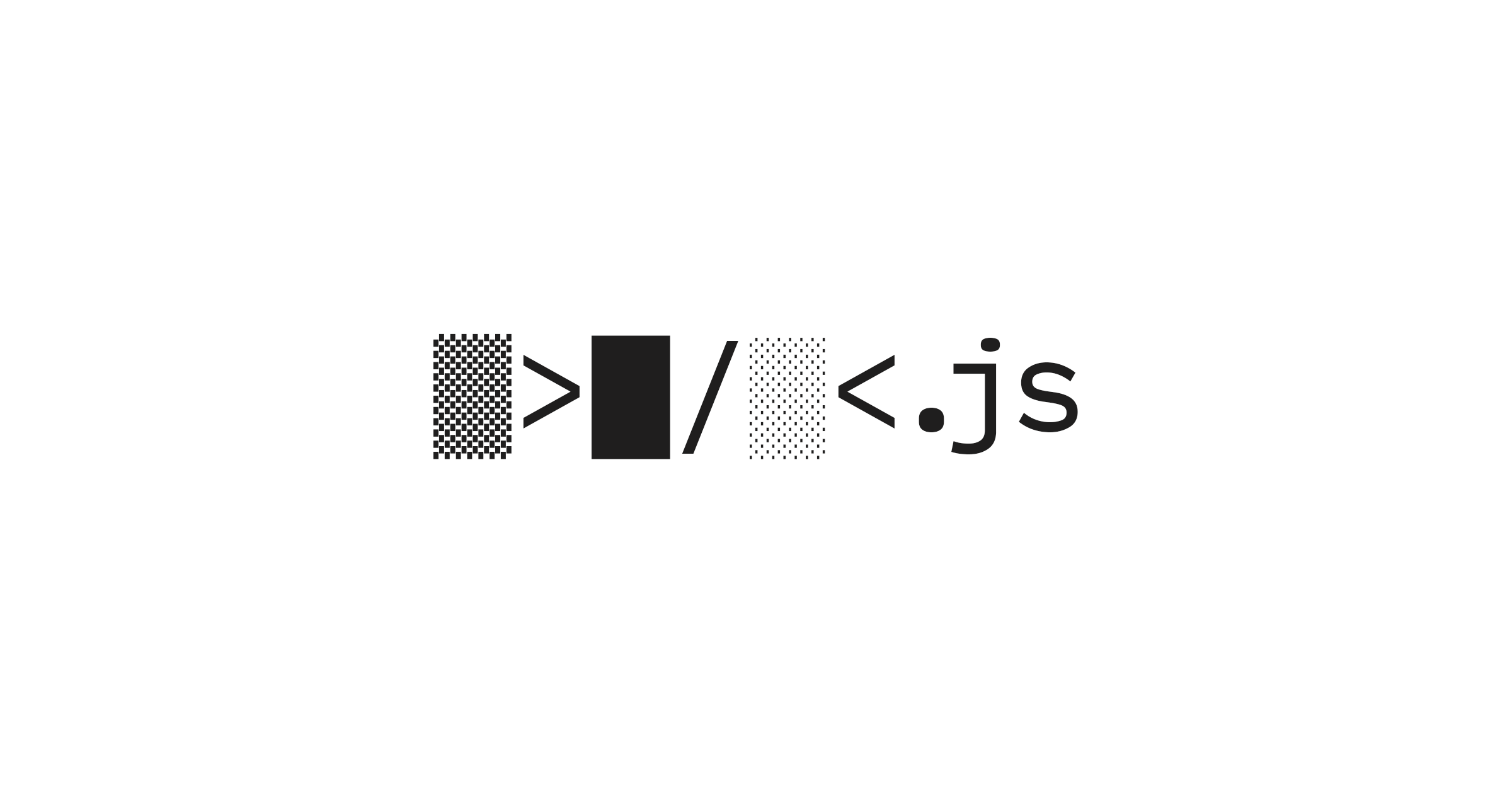https://github.com/camwiegert/baffle
A tiny javascript library for obfuscating and revealing text in DOM elements. :astonished:
https://github.com/camwiegert/baffle
effect javascript library text
Last synced: 5 months ago
JSON representation
A tiny javascript library for obfuscating and revealing text in DOM elements. :astonished:
- Host: GitHub
- URL: https://github.com/camwiegert/baffle
- Owner: camwiegert
- License: mit
- Archived: true
- Created: 2016-07-19T03:07:17.000Z (over 9 years ago)
- Default Branch: master
- Last Pushed: 2017-08-28T06:48:41.000Z (over 8 years ago)
- Last Synced: 2025-09-15T08:18:37.768Z (5 months ago)
- Topics: effect, javascript, library, text
- Language: JavaScript
- Homepage: https://camwiegert.github.io/baffle
- Size: 551 KB
- Stars: 1,760
- Watchers: 22
- Forks: 85
- Open Issues: 0
-
Metadata Files:
- Readme: README.md
- License: LICENSE
Awesome Lists containing this project
- awesome-frontend - baffle.js - 文本互动效果
- awesome-front-end - baffle.js - 文本互动效果
README
# baffle.js
A tiny javascript library **for obfuscating and revealing text** in DOM elements.
[camwiegert.github.io/baffle](https://camwiegert.github.io/baffle)
> 
- ~1.8kb gzipped :zap:
- Dependency-free :tada:
- IE9+ :heavy_check_mark:
```javascript
// Select elements and start.
const b = baffle('.someSelector').start();
// Do something else.
someAsyncFunction(result => {
// Change the text and reveal over 1500ms.
b.text(text => result.text).reveal(1500);
});
```
---
## Getting Started
#### Step 0: Install
[Download the latest release](https://raw.githubusercontent.com/camwiegert/baffle/master/dist/baffle.min.js) or install with npm.
```sh
npm install --save baffle
```
#### Step 1: Reference
If you linked baffle directly in your HTML, you can use `window.baffle`. If you're using a module bundler, you'll need to import baffle.
```javascript
// CommonJS
const baffle = require('baffle');
// ES6
import baffle from 'baffle';
```
#### Step 2: Initialize
To initialize baffle, all you need to do is call it with some elements. You can pass a NodeList, Node, or CSS selector.
```javascript
// With a selector.
const b = baffle('.baffle');
// With a NodeList
const b = baffle(document.querySelectorAll('.baffle'));
// With a Node
const b = baffle(document.querySelector('.baffle'));
```
#### Step 3: Use It
Once you have a baffle instance, you have access to all of the baffle methods. Usually, you'll want to `b.start()` and, eventually, `b.reveal()`.
```javascript
// Start obfuscating...
b.start();
// Or stop obfuscating...
b.stop();
// Obfuscate once...
b.once();
// You can set options after initializing...
b.set({...options});
// Or change the text at any time...
b.text(text => 'Hi Mom!');
// Eventually, you'll want to reveal your text...
b.reveal(1000);
// And they're all chainable...
b.start()
.set({ speed: 100 })
.text(text => 'Hi dad!')
.reveal(1000);
```
## Options
You can set options on baffle during initialization or anytime afterward with `baffle.set()`.
```javascript
// During initialize
baffle('.baffle', {
characters: '+#-•=~*',
speed: 75
});
// Any time with set()
b.set({
characters: '¯\_(ツ)_/¯',
speed: 25
});
```
### `options.characters`
> The characters baffle uses to obfuscate your text. It can be a string or an array of characters.
>
> **Default:** `'AaBbCcDdEeFfGgHhIiJjKkLlMmNnOoPpQqRrSsTtUuVvWwXxYyZz~!@#$%^&*()-+=[]{}|;:,./<>?'`
### `options.exclude`
> These are the characters that baffle ignores in your text when obfuscating it. You can pass in an array of characters.
>
> **Default:** `[' ']`
### `options.speed`
> This is the frequency (in milliseconds) at which baffle updates your text when running.
>
> **Default:** `50`
## Methods
An instance of baffle has six methods, all of which are chainable.
### `baffle.once()`
> Obfuscates each element once, using `options.characters`.
### `baffle.start()`
> Starts obfuscating your elements, updating every `options.speed` milliseconds.
### `baffle.stop()`
> Stops obfuscating your elements. This won't reveal your text. It will only stop updating it. To reveal it, use `reveal()`.
### `baffle.reveal([duration], [delay])`
> Reveals your text over `duration` milliseconds (default: `0`), with the option to delay by `delay` milliseconds.
### `baffle.set([options])`
> Updates instance options using the passed `options` object. You can set any number of keys, even while running.
### `baffle.text(fn)`
> Updates the text in each element of your instance using function `fn`, which receives the current text as it's only parameter. The value returned from `fn` will be used as the new text.
---
- **License** MIT
- **Made by** [Cam Wiegert](http://camwiegert.com)
- **Inspired by** [Oak](http://oak.is/)